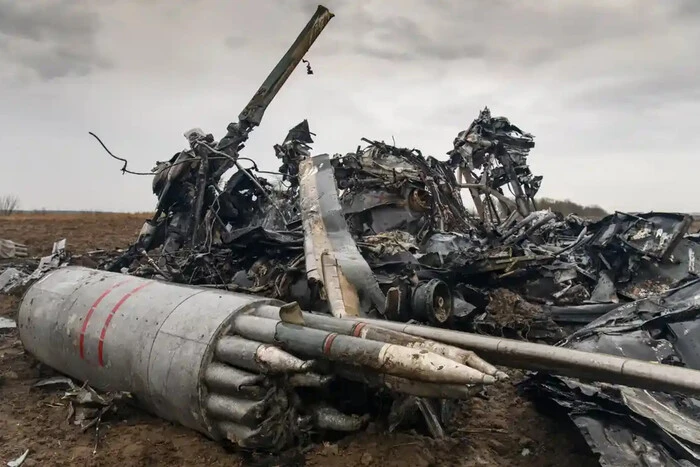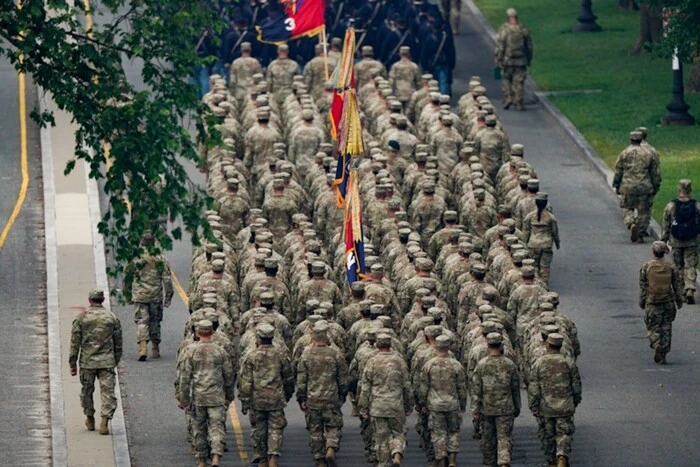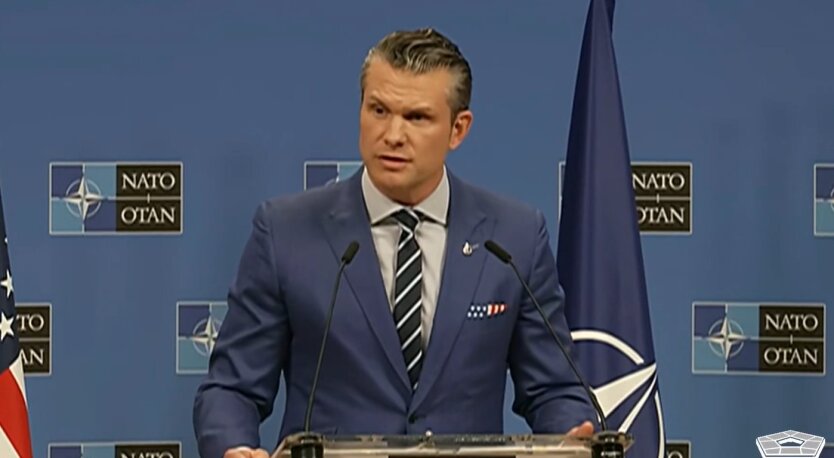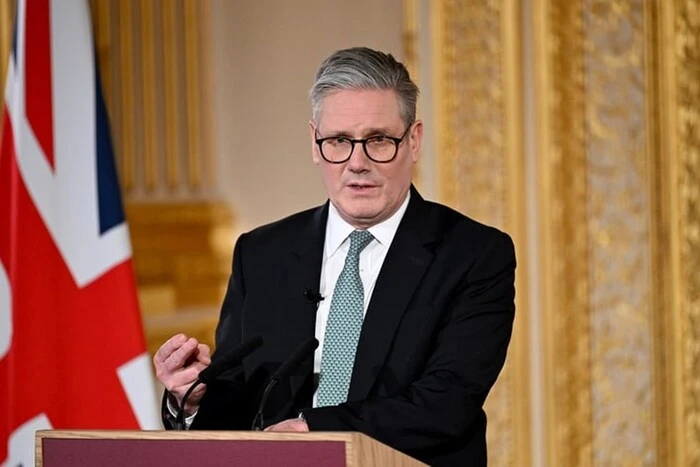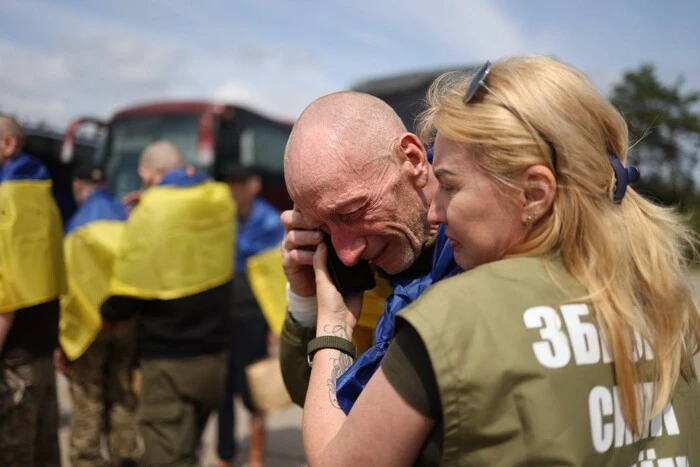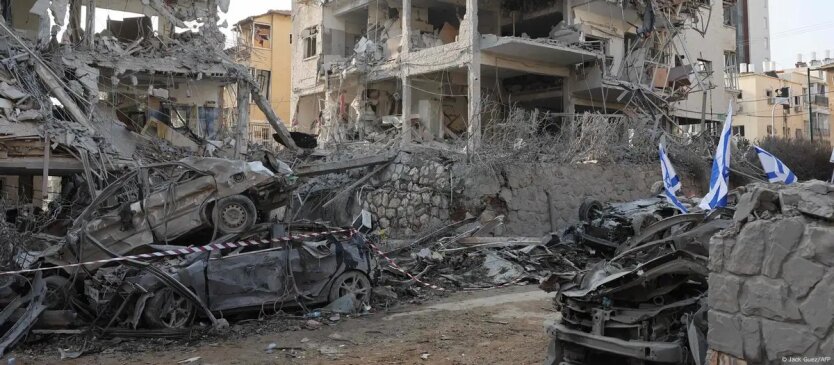Russia may increase KAB strikes on peaceful cities of Ukraine - expert.

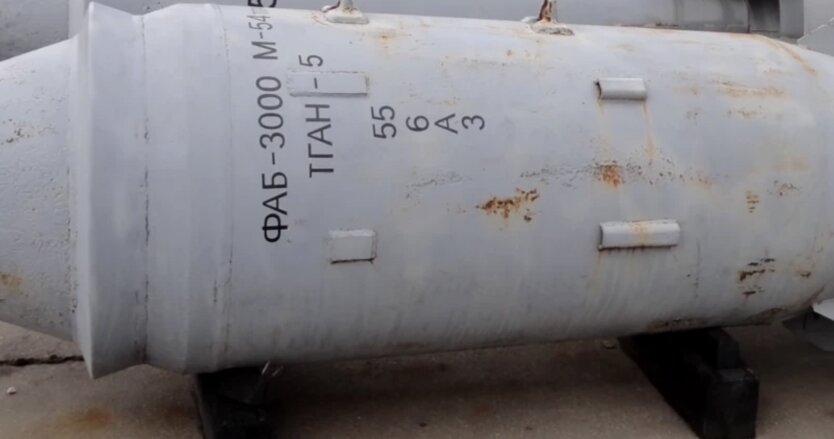
The Russian Federation has increased the production of aerial bombs to intensify attacks on the civilian population of Ukraine. This was announced by Valeriy Ryabykh, director of the company Defense Express.
Russian occupation forces have begun using corrected aerial bombs (KAB) in Zaporizhzhia. Ryabykh emphasized the need to destroy carriers, warehouses, and production sites of these munitions to combat KABs. He also noted that Russian occupiers have a large stock of these bombs, which have been stored since the times of the USSR, and additional production has been established.
“And if we talk about Zaporizhzhia, our latest research indicates that a rather rare FAB-500T bomb, which was previously used less, might have been used in this direction, but, however, it was already noticed in use in Kharkiv. And this bomb was specially designed to be carried by reconnaissance-strike aircraft MiG-25RB, a feature of which was high speed. And it is the letter ‘T’ in the bomb's index that indicates it is heat-resistant, as its body had to withstand huge temperature loads that could arise at speeds up to 300 kilometers per hour. But, of course, now this can also give the enemy the ability to accelerate these bombs to higher speeds and, accordingly, achieve greater application ranges so that they reach Zaporizhzhia”, Ryabykh noted.
According to the expert, the increase in production of such bombs in Russia indicates the occupiers' intention to intensify terrorist strikes on peaceful cities of Ukraine.
Read also
- Enemy Losses as of June 15, 2025 – Armed Forces of Ukraine General Staff
- A military parade has started in the States for the 250th anniversary of the Army: live broadcast
- The USA has transferred part of the weaponry from Ukraine to the Middle East
- The United Kingdom is deploying fighter jets to the Middle East
- Intelligence named the category of soldiers who are hardest to return from Russian captivity
- Dozens dead in Iran wounded in Israel: how far will the escalation go and who may intervene

